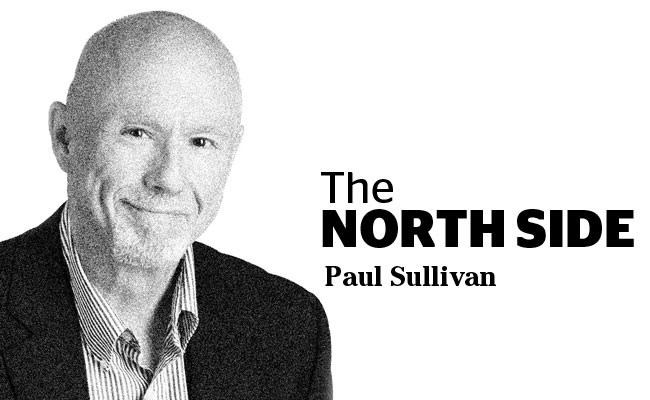I have a complex relationship with my home.
It’s a nice place to live, really. Built in the late ’80s, it features big rooms, vaulted ceilings, patio overlooking the Capilano River, close proximity to Edgemont Village.
If that sounds like a real estate ad, you’re beginning to understand what I’m talking about. Here in North Vancouver – and everywhere else in the world’s most overheated real estate market – a house is not a home. It’s an investment portfolio.
And my question is: Dude, what are you doing to my investment portfolio?
That’s the collective “dude,” by the way. It takes in all the politicians who are now tinkering feverishly with our ridiculous real estate market they just as feverishly ignored during the run-up.
Like the province, which slapped a 15 per cent tax on foreign real estate buyers this summer.
Like the City of Vancouver, which imposed a two per cent tax on residences that remain empty, warehoused as commodities ready to be flipped.
Like the federal government, which announced a number of measures – one to prevent people from dodging the capital gains tax on the sale of a residence, the other to prevent people from taking on mortgages they can’t afford.
And let’s throw in West Van, where some councillors want to levy higher property taxes on people who don’t live in the residences they own.
We’ll just have to wait and see what kind of effect this will have on the value of all these magnificently overpriced homes that boomers are sitting on, hoping that value will still be there when it comes time to cash in, retire and move to Osoyoos where you can still buy a nice house for under half a million bucks.
The first signs, at least for the equity builders, are not good. In the seven weeks before the 15 per cent tax on foreign buyers was imposed, there were 2,034 deals involving foreign buyers worth $2.3 billion.
In the four weeks after the tax … yikes! Down to 60 deals worth a total of about $47 million.
Jane Seyd’s recent article in the News documents the damage in our own backyard: sales down 58 per cent in West Van in July and August year over year, and down 33 per cent in North Van from July to September, also year over year.
That popping sound you hear? That’s what a bubble sounds like when somebody applies a 15 per cent pin.
The purpose of all this tinkering is to make buying a home more affordable for B.C. residents. So far, the price of an unrenovated bungalow in various North Van neighbourhoods is still north of a million bucks, which stretches the definition of “affordable.” Let’s face it: “not affordable” is more like it, especially after Ottawa’s changes will make it harder to get a mortgage for first time home buyers.
As of this coming Monday, buyers will have to prove they can qualify for mortgage financing at the bank of Canada rate of 4.6 per cent, even if they are able to get a mortgage for less than that, meaning that they have to prove they can afford hundreds of dollars a month more than they’ll actually have to pay.
How does that make a home more affordable for a first-time buyer?
So you’ve got one government trying to bring down prices into the range of “affordability” while another government makes “affordability” harder.
Save us from the government. But now I’m starting to sound like that notorious blowhard who’s inexplicably orange.
Once you start fooling with the so-called free market, there are all sorts of unforeseen circumstances. If prices go down, say, 20 per cent across Metro Vancouver, homeowner wealth will decline by $100 billion, according to Jock Finlayson of the B.C. Business Council.
Here on the patio overlooking the banks of the Capilano River, the loss would be a little less than that, but the consequences would be no less dire.
Still, most people in this region support the foreign buyers’ tax which is taking the air out of their equity.
An Insights West poll released Sept. 14 shows that 76 per cent of residents support the 15 per cent tax, although they don’t think it will improve affordability.
And it’s not as if these are all renters with their noses pressed to the glass at an open house, waiting for the price to go down. About 70 per cent of Metro Vancouver residents are homeowners, or at least own a mortgage.
They have plenty to lose.
With any luck they – we, that is – won’t lose it.
Journalist and communications consultant Paul Sullivan has been a North Vancouver resident since the fall of the Berlin Wall and the rise of Madonna. [email protected]
What are your thoughts? Send us a letter via email by clicking here or post a comment below.



